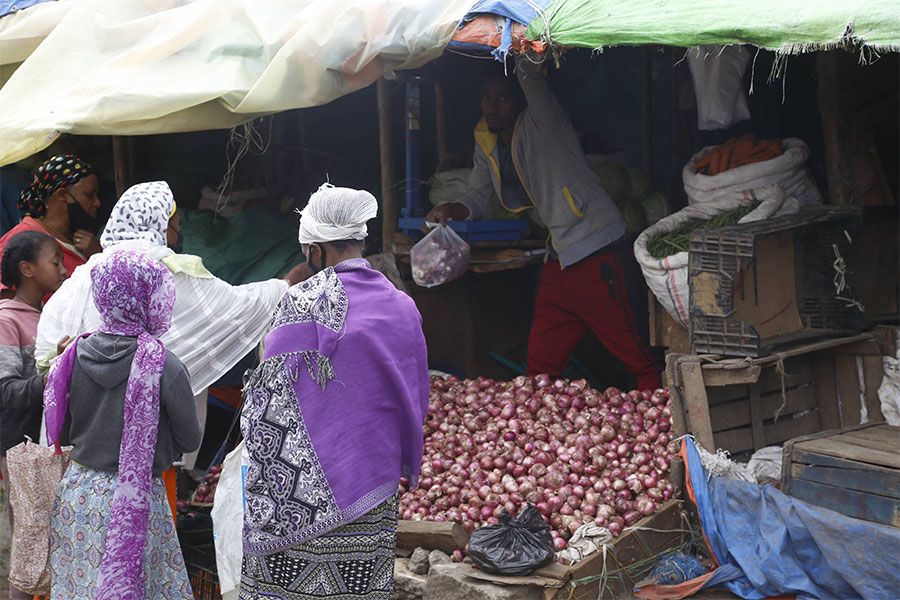
Agenda | Sep 26,2021
There does not seem to be a shortage of salts added to the wounds inflicted on Ethiopia’s economy, from COVID-19 to civil war. The latest comes directly from the country's breadbasket in the form of escalating fertiliser prices. Farmers, most of them smallholders, and 40pc of whom use fertilisers, are handed unpleasant surprises when they visit their nearest distribution centres. Prices have tripled. Even the credit to buy the fertilisers offered through microfinance institutions is not a good enough incentive these days.
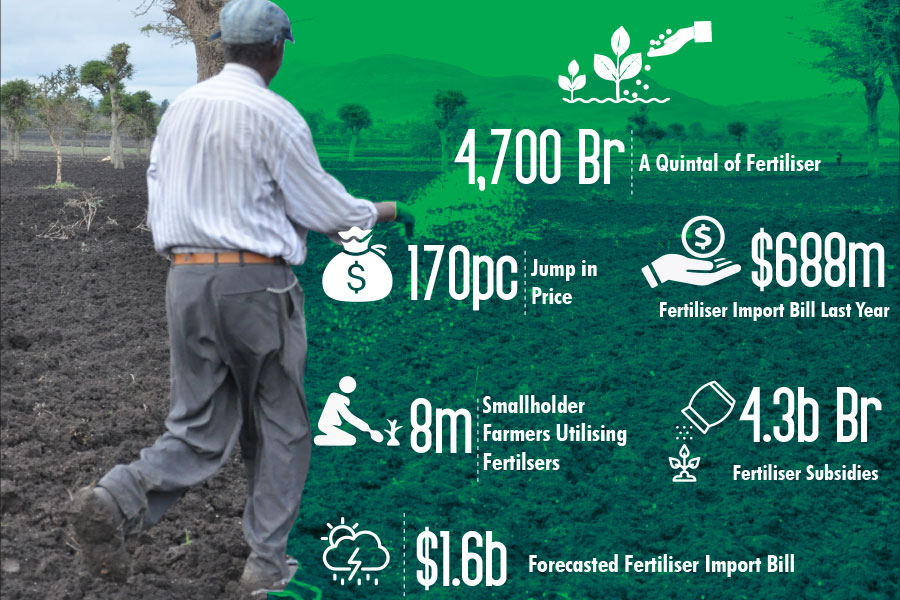
The blame lies mainly with the global fertiliser market. Ethiopia imported about 1.8 million tonnes last year. It came at a hefty price, which is only getting heftier. The most abundantly used type, NPS, has more than doubled in cost compared to last year. Driving the prices higher is the inflating cost of inputs, starting from natural gas, and the rising shipping costs as global supply chains remain highly disrupted due to COVID-19. The war in Ukraine has not made things better, especially as Russia is a big player in the nitrogen fertiliser market.
The consequences are far-reaching. Fertilisers are not the only commodities soaring in prices. Wheat and oil prices have also pushed food inflation higher. It all comes in the aftermath of the pandemic, war in the north and drought in the east and south, all of which have negatively affected agricultural productivity. Unfortunately, there is not much the federal government and regional states can do in the short term. Efforts at import substitution are years away. The only thing remaining is bloating further subsidies, already at 4.3 billion Br by last year. Experts suggest alternatives such as microorganism fertilisers, for which there is scant awareness. Farmers are trying to cope by buying as much fertiliser as they can but otherwise sowing without it.
You can read the full story here
PUBLISHED ON
Mar 19,2022 [ VOL
22 , NO
1142]

Agenda | Sep 26,2021
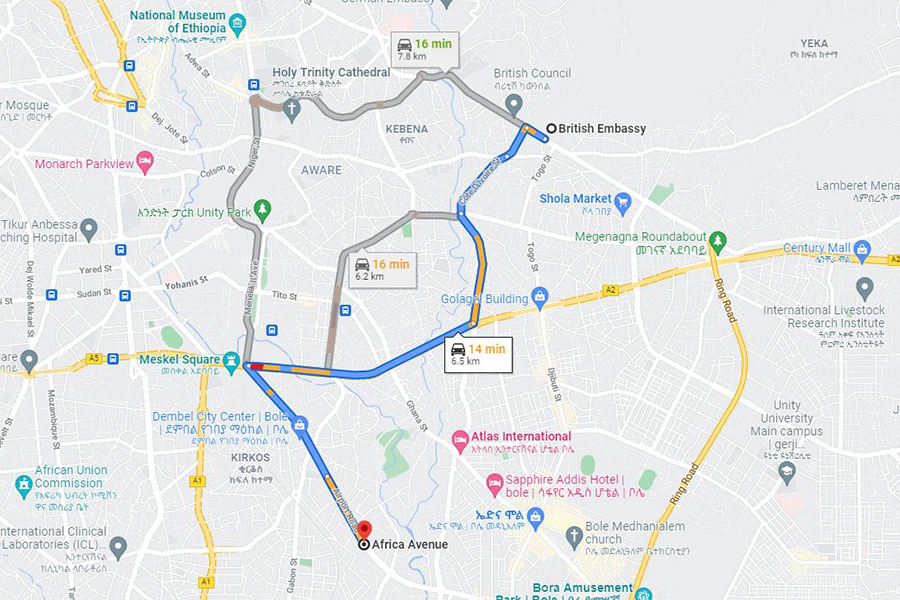
Fortune News | Dec 11,2021

Fortune News | Dec 13,2021

Sponsored Contents | Jun 17,2021

Fortune News | Sep 04,2021
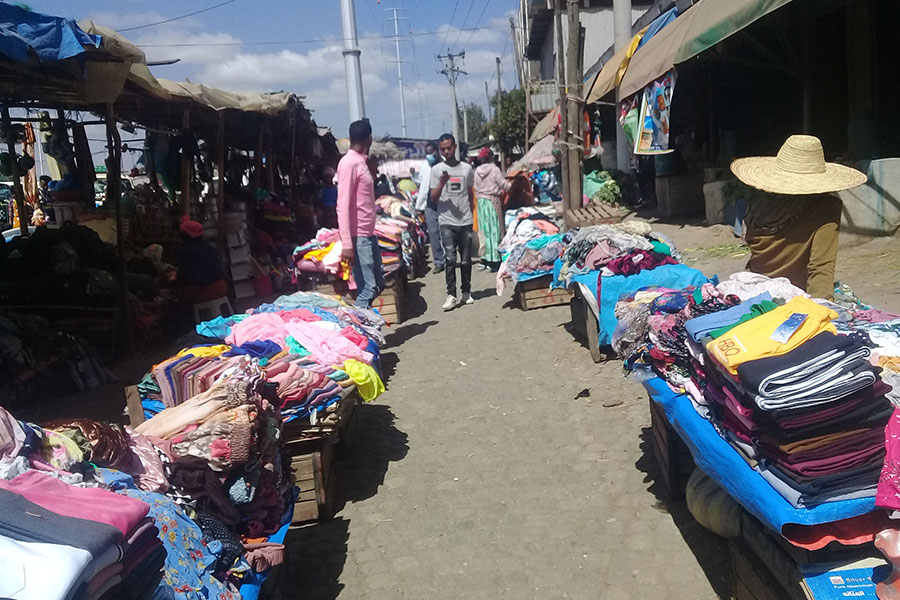
Radar | Dec 25,2021

Radar |

Fortune News | Jun 19,2021
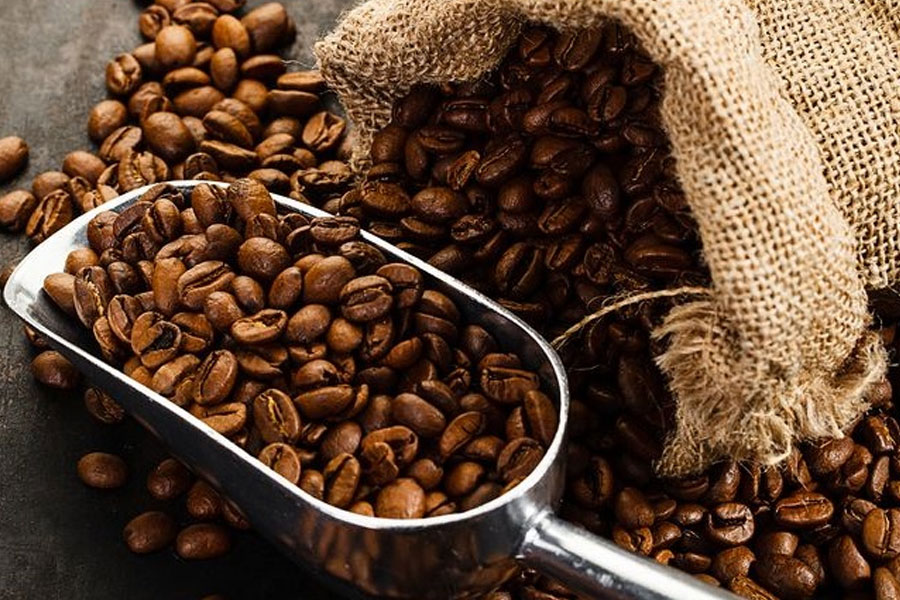
Delicate Number | Apr 17,2021
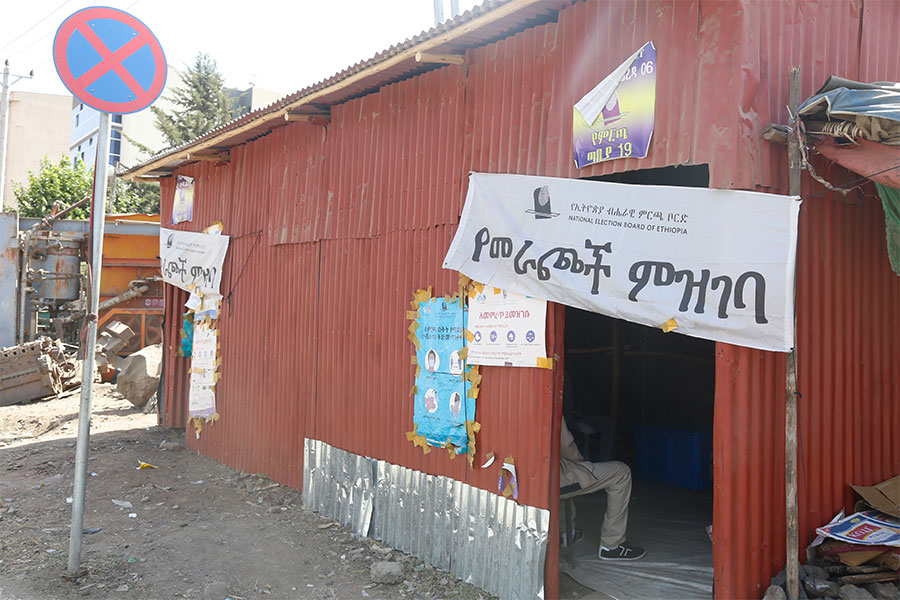
Fortune News | Apr 17,2021

Dec 22 , 2024 . By TIZITA SHEWAFERAW
Charged with transforming colossal state-owned enterprises into modern and competitiv...

Aug 18 , 2024 . By AKSAH ITALO
Although predictable Yonas Zerihun's job in the ride-hailing service is not immune to...

Jul 28 , 2024 . By TIZITA SHEWAFERAW
Unhabitual, perhaps too many, Samuel Gebreyohannes, 38, used to occasionally enjoy a couple of beers at breakfast. However, he recently swit...

Jul 13 , 2024 . By AKSAH ITALO
Investors who rely on tractors, trucks, and field vehicles for commuting, transporting commodities, and f...

Oct 11 , 2025
Ladislas Farago, a roving Associated Press (AP) correspondent, arrived in Ethiopia in...

Oct 4 , 2025
Eyob Tekalegn (PhD) had been in the Governor's chair for only weeks when, on Septembe...

Sep 27 , 2025
Four years into an experiment with “shock therapy” in education, the national moo...

Sep 20 , 2025
Getachew Reda's return to the national stage was always going to stir attention. Once...